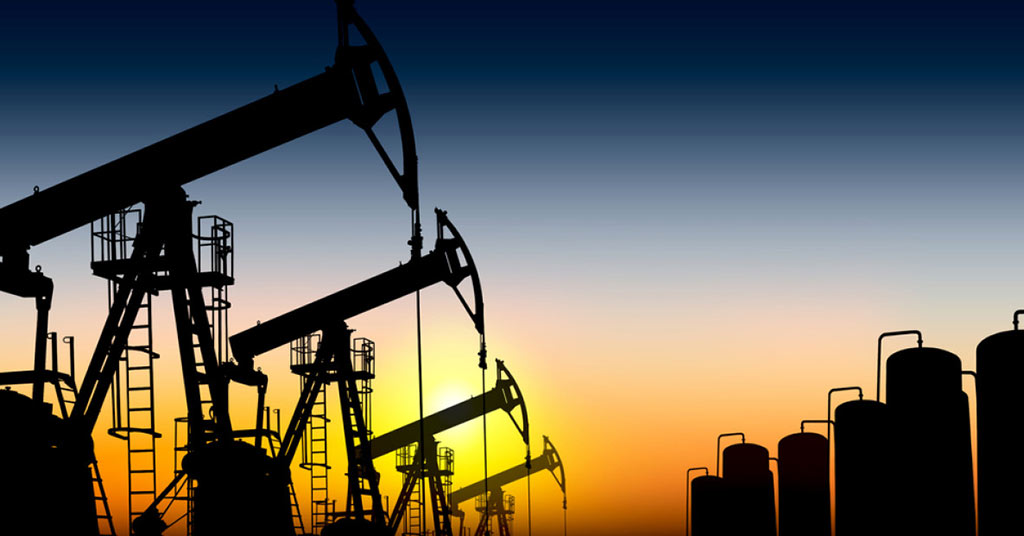Welcome To ChemAnalyst

US: America's emergency oil stockpiles have hit their lowest levels in 40 years under President Joe Biden. The United States administration has been selling off reserves to alleviate high gas prices for consumers, resulting in the depletion of the Strategic Petroleum Reserve by nearly 300 million barrels since Biden took office. To replenish the stockpile, the Energy Department has indicated an intention to increase the pace of purchases for the SPR. However, it is unlikely that a complete refill will be achieved soon. Instead, the focus will be on recovering the 180 million barrels of emergency sales through a combination of future sales cancellations and new purchases.
Biden administration had planned to sell 140 million barrels of oil from the Strategic Petroleum Reserve, but the sale has been cancelled, according to various sources. Lawmakers agreed to cancel the sale through fiscal 2027 and instead, the administration plans to buy 12 million barrels for the reserve. Last year, Congress heeded the DOE's request to cancel required sales of 140 million barrels for the upcoming four fiscal years, beginning in October 2023. The Energy Department moved to cancel 140 million barrels in congressionally mandated sales ahead of announcing plans to purchase oil. The US to move forward with scheduled 26M barrel sale from the Strategic Petroleum Reserve after releasing a record 180 million barrels last year to combat high prices.
The measures taken have successfully reduced the impact on consumers. The average price for regular gasoline has dropped by $1.48 since last June when it hit a record high of $5.02 per gallon. To former President George W. Bush's energy adviser, McNally, gas prices saw a significant decline during the Fourth of July period, has raised concerns about the depletion of the Strategic Petroleum Reserve (SPR) due to Congressionally mandated sales and emergency sales. McNally believes that this depletion was a mistake and could take years to fix. Suggested that a complete refill would only be possible if oil prices remain low and there is Congressional approval for the purchases.
Oil prices will increase in the next decade, which could limit the replenishment of the SPR. The possibility of President Biden releasing more oil due to political pressure caused by increasing pump prices. However, US officials claimed that the SPR contains enough oil to address future shocks. The US has the largest strategic petroleum reserve in the world and enough oil to handle emergencies for the next few years. The Biden administration has already started the lengthy process of replenishing the reserve.
The Energy Department has procured 6.3 million barrels of oil for the Strategic Petroleum Reserve (SPR) while setting plans to purchase an additional six million by August. However, this symbolic acquisition represents a mere fraction of the SPR's total reserves. According to federal data, the reserve held only 346.8 million barrels of oil as of July 7, the smallest amount since August 1983, and down by 291.3 million since President Biden's tenure began in January 2021. The replenishment efforts have been hampered by logistical and economic limitations. While some portions of the SPR are undergoing maintenance, officials have emphasized buying oil only when prices are at or below $67 to $72 per barrel.
Energy Department recently reported that the current administration purchased 6.3 million barrels of oil at an average price of $72.67 per barrel, which is significantly lower than the previous year's average selling price of around $95 per barrel. Meanwhile, Saudi Arabia and Russia, among other major oil producers, are implementing measures to boost prices. Both countries have introduced new strategies to restrict supply. When questioned about these actions by the two nations, Granholm expressed concern, stating that any significant reduction in supply has a direct impact on consumers at the pump.
Energy Secretary Jennifer Granholm has expressed concerns about the efforts of two major oil producers, Saudi Arabia, and Russia, to increase prices by limiting supply. However, there is no information available on whether Granholm has reached out to officials in these countries to address her concerns.
We use cookies to deliver the best possible experience on our website. To learn more, visit our Privacy Policy. By continuing to use this site or by closing this box, you consent to our use of cookies. More info.
